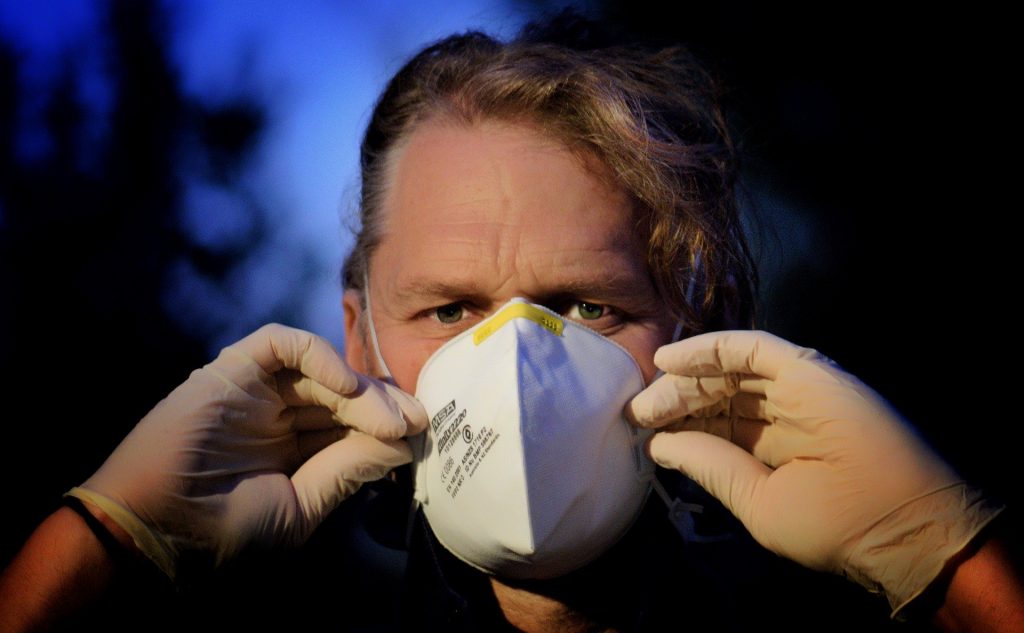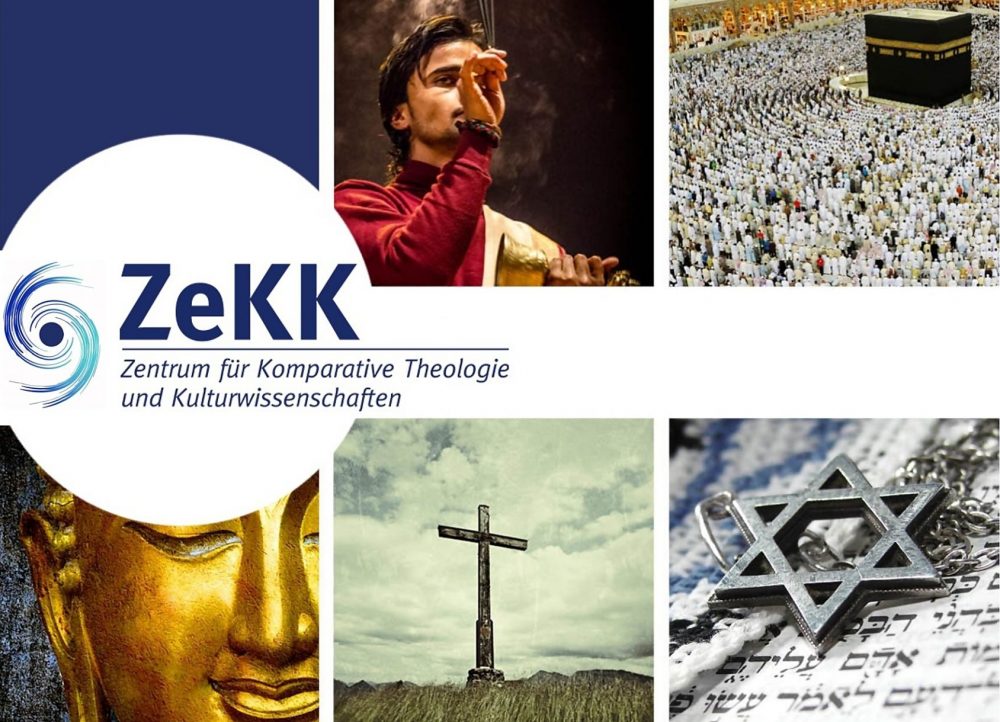„Hell is other people,” says Sartre in his well-known play Huis Clos (1944). The “other” is often the source of fear, the “not-us” that is frightening, but at the same time necessary and constitutive for our self-identity.
“Hell isn’t other people. Hell is yourself,” is quoted from Wittgenstein, and never more than today could it be felt with flesh and blood, now that we are faced with a threat, the medium of which is “us”. I am talking about the new epidemic, the so-called coronavirus. It is true that the threatening “other” is still playing an important role there – for he/ she is infecting me with the disease – but the virus would not work if I – better said “my body” – is not cooperating. The virus is best transferred by our hands; they should constantly be washed and disinfected, we are told. “My body” is turned into my enemy. The enemy is no longer the “other,” who is going to threaten my “culture” with his/ her (to me fully unknown) culture – religion, language, value system, habits etc. The enemy is me.
And unlike other instances of evil that are exclusively confined to a certain social class, or race, or religion, or country – like poverty, social injustice, slavery, colonialism, genocide, racial or religious discrimination or persecution etc. – this one knows no borders. It infects everyone – regardless of any classifications – and with our help; through us. Our bodies turn into death-mediums for others as well as ourselves – without us wanting and willing it. We turn into the “mediums of evil”, without intending to be so. Thus, demonstrating to us, more than ever before, that the actual threat is not “the other” but ourselves. We can turn into the hell for ourselves and to the world.
These days, hearing constantly the alarming news of the fast spread of the epidemic worldwide, and the lack of certain goods in the market – which is due to people’s onrush to the supermarkets, in order to buy antiseptics and disinfectants, masks, and food, mostly to store, out of the fear of the imminent “apocalypse” (!) – I cannot help but being reminded of the Portuguese author, José Saramago’s novel, Blindness (1995). It is the story of an epidemic of blindness afflicting people, one after the other, in an unnamed city, following a swift social breakdown. The epidemic starts with one person suddenly going blind, and then fastly spreading around, without any clear reason or explanation. In panic, morality and ethics fail; people literally kill each other in order to survive.

We are for the most part the source of evil, neither “God” nor “others” – and the most tragic part is that we do not realize it, as is clear in the case of mediating this virus. We harm others without realizing it. However, most of the times the evil comes or is sustained through our inaction. But is the situation this hopeless? Could anything be done against it? Or are we doomed? My response is: Yes, by realizing the source of true evil in “us”, and while taking responsibility, going for action. Like Dr. Rieux in Albert Camus’ La Peste (1947), in a plague-stricken world, all the more absurd it seems, we have to fight against the evil: “I have no idea what’s awaiting me, or what will happen when this all ends. For the moment I know this: there are sick people and they need curing.”
In the face of this horrendous evil, possessing nothing but this flawed and broken existence, how are we to bear The Unbearable Lightness of Being? (the title of a novel by the Czech author Milan Kundera) What to do with this feeling of absurdity, despair and meaninglessness in the face of evil? There, maybe, faith can help us; a kind of belief and hope in a higher being – call it God if you may – out of pure pragmatic reasons, that can give meaning to our life and work as a source of energy to act – no longer faith for the purpose of escapism, or over/ underestimating man’s role in the evil of the world. Therefore, I agree with the American philosopher John Caputo in that: we need to believe in God, not “in spite of” evil, but exactly “because of” it – and I would add: and in order to fight against it.
Saida Mirsadri ist Doktorandin am Zentrum für Komparative Theologie und Kulturwissenschaften in Paderborn.
